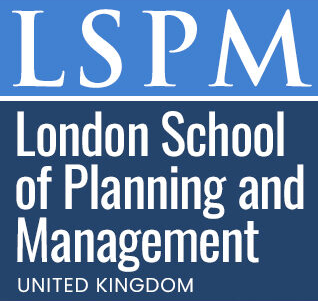Certified Specialist Programme in Perfectionism Awareness Techniques
Published on June 28, 2025
About this Podcast
HOST: Welcome to our podcast, where we explore various courses and their impact on different professions. I'm thrilled to have our guest today, an expert in the field of cognitive behavioral therapy and perfectionism. Welcome! Can you tell us about your personal experiences with perfectionism and how it led you to this course? GUEST: Thank you for having me! I've seen firsthand how perfectionism can hinder personal growth and professional development, both in myself and in my clients. This course is a valuable resource for those looking to better understand and manage perfectionistic tendencies. HOST: That's fascinating. How does this Certified Specialist Programme in Perfectionism Awareness Techniques help therapists, coaches, and educators? GUEST: The programme offers practical techniques to identify perfectionistic tendencies, develop self-compassion, and manage stress. It's an excellent way for professionals to enhance their ability to support clients struggling with perfectionism. HOST: With an increasing focus on mental health in recent years, what current industry trends are relevant to this course? GUEST: One significant trend is the growing recognition of the importance of self-care and self-compassion in mental health professions. This course emphasizes these concepts, helping professionals create a healthier environment for both themselves and their clients. HOST: That's crucial. Now, let's discuss challenges. What difficulties might learners face while mastering these techniques, and how can they overcome them? GUEST: A common challenge is recognizing and letting go of deeply ingrained perfectionistic beliefs. Encouraging self-compassion and progress over perfection can help learners navigate this hurdle. HOST: Looking forward, where do you see the future of cognitive behavioral therapy and perfectionism awareness? GUEST: I expect to see a greater emphasis on integrating self-compassion and mindfulness practices into cognitive behavioral therapy. This approach can lead to more effective outcomes for clients dealing with perfectionism. HOST: Thank you for sharing your insights today. Before we wrap up, can you summarize the key takeaways from this course and why it's essential for professionals in the mental health field? GUEST: Absolutely! This course offers practical techniques to identify and manage perfectionism, equipping therapists, coaches, and educators with the skills to support their clients better. By earning a certification in cognitive behavioral therapy approaches, professionals can transform their practices and empower their clients to overcome perfectionistic tendencies. HOST: That's a powerful message. Thanks again for joining us today and sharing your knowledge on the Certified Specialist Programme in Perfectionism Awareness Techniques. We're confident our listeners have gained valuable insights from this conversation.
